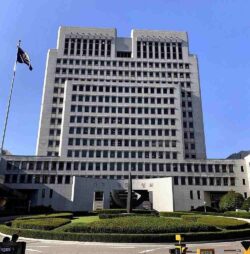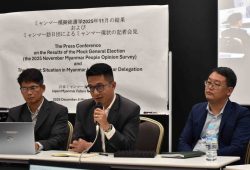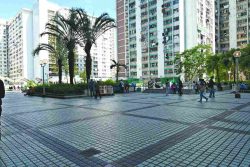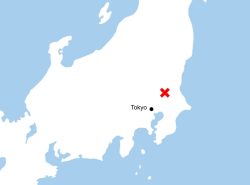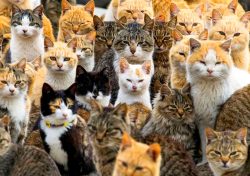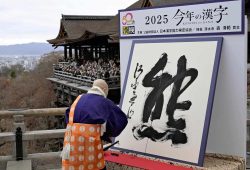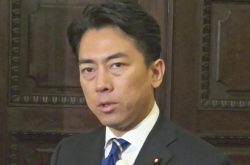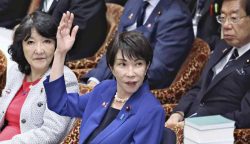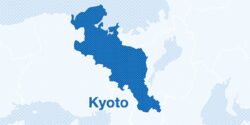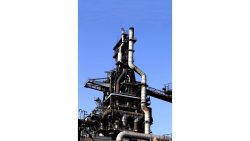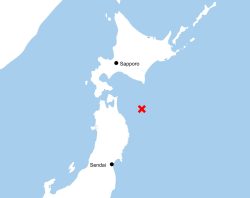17:10 JST, September 25, 2023
Concerns are growing over the excessive consumption of caffeine among adolescents, according to a report on Sept. 17, citing a teen health study.
According to last year’s Youth Health Behavior Survey conducted by the Korea Disease Control and Prevention Agency on some 60,000 middle and high school students in 800 schools nationwide, 22.3% of the respondents answered “yes” when asked if they drink high-caffeine beverages more than three times a week. Some 26% of the respondents said they consume such drinks once or twice a week.
Under the Special Act on Safety Management of Children’s Dietary Lifestyle, which aims to encourage healthy eating habits and nutritionally balanced food, food containing high amounts of caffeine is in the “caution” category for minors under 18.
This is because a large number of students here resort to caffeine beverages like energy drinks and coffee as an aid to cope with long nights of studying, as they give students a temporary energy boost, according to local reports quoting experts. The proliferation of low-priced coffee franchises near schools and private education institutions also appears to have played a part in making it easier for them to access caffeinated beverages, they added.
High-caffeine beverages usually contain over 15 milligrams of caffeine per 100 milliliter cup. The Ministry of Food and Drug Safety recommends that adolescents and young children consume no more than 2.5 milligrams of caffeine per 1 kilogram of body weight. The recommended maximum daily intake of caffeine for a 50-kilogram adolescent is 125 milligrams.
When a teen consumes too much caffeine, it can lead to detrimental health effects and have a negative effect on a teen’s growing body — producing nausea, sleep impairment, nervousness and even slowing the maturing process of their brains and the ability to concentrate, according to experts. In rare cases, caffeine poisoning can lead to death.
To keep products high in caffeine out of minors’ reach, the Ministry of Food and Drug Safety banned selling high-caffeine products like coffee in schools in 2014. Warning signs about the side effects of caffeine are displayed on shelves that sell highly caffeinated beverages at around 700 convenience stores near schools in an effort to prevent children from purchasing caffeine products and to raise their awareness.
However, an official at the ministry said there is no legal basis for regulating the sale of coffee to adolescents in cafes near schools or private education institutions.
"World" POPULAR ARTICLE
-
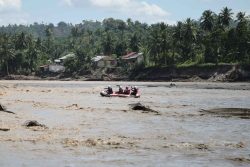
8 Japanese Nationals Stranded on Indonesia’s Sumatra Island
-

China Urges Citizens to Refrain from Visiting Japan, Citing Surge of Crimes Against Chinese
-

Mozambican Cooking Class Held in Matsuyama, Ehime Pref.; Participants Don Aprons, Bandanas Made from Traditional Mozambique Fabric
-

China Steps Up ‘Wolf Warrior’ Diplomacy Against Japan, Hurling Accusation About Plutonium Stockpile
-

Taiwan’s Lai Calls on China to Exercise Self-Restraint; Says Attack on Japan Endangers Regional Peace and Stability
JN ACCESS RANKING
-
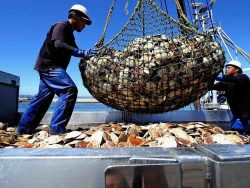
Japan’s Hopes for Seafood Exports Shot Down in China Spat
-

Essential Services Shortage to Hit Japan’s GDP By Up to ¥76 Tril. By 2040
-

Japan to Charge Foreigners More for Residence Permits, Looking to Align with Western Countries
-
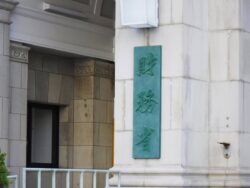
Japan Exports Rise in October as Slump in U.S. Sales Eases
-
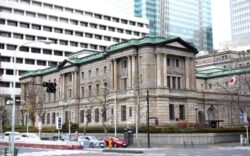
Japan GDP Down Annualized 1.8% in July-Sept.


